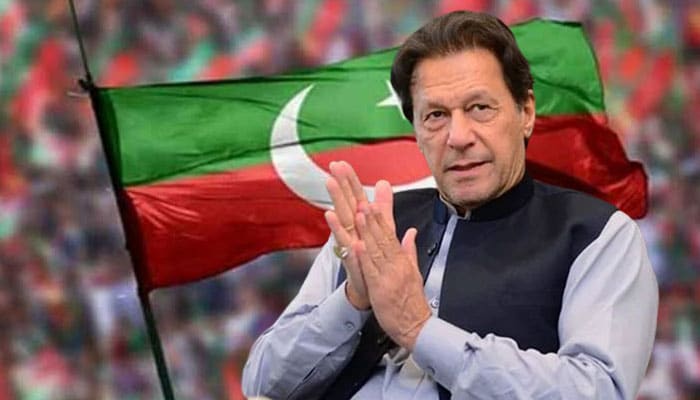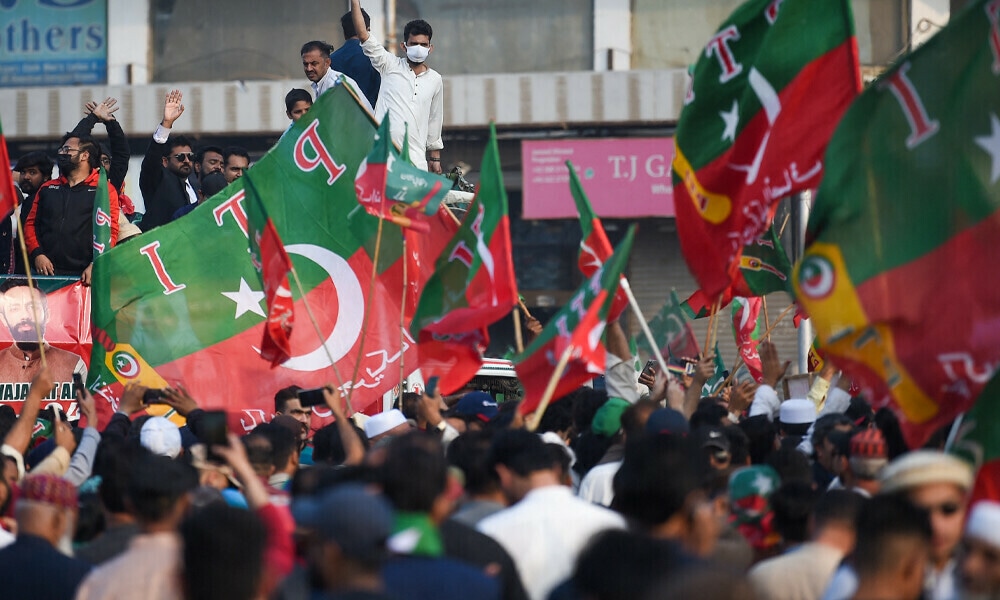Pakistan Tehreek-e-Insaf (PTI) has issued what it describes as a “PTI’s Final Call” for a nationwide protest on November 24. Spearheaded by its founding chairman Imran Khan, currently imprisoned, this protest is being hailed as a decisive moment in the party’s efforts to challenge the current government. As tensions rise, the nation waits to see how PTI’s final call will shape the country’s political future.

What Is PTI’s Final Call About?
Imran Khan, through his sister Aleema Khan, has urged supporters to mobilize across Pakistan and even internationally. According to Aleema, the former Prime Minister expressed frustration over alleged electoral fraud and the perceived erosion of judicial independence, stating that the country’s mandate had been stolen.
- Electoral Integrity: Imran Khan referenced an alleged incident on February 9, where he claimed the people’s mandate was “stolen” and handed over to a select few.
- Judicial Independence: Concerns were raised about the “freedom of the Supreme Court being compromised,” a claim that strikes at the heart of Pakistan’s institutional stability.
Imran Khan has reportedly formed a committee to organize the protest but has withheld the names of its members, citing fears of preemptive arrests by the government. According to Khan’s lawyer, Faisal Chaudhry, the protest is aimed at securing specific demands, including:
Key demands accompanying this final call include:
- The reversal of the 26th amendment,
- The restoration of PTI’s electoral mandate, and
- The release of detained party members.
Khan’s lawyer, Faisal Chaudhry, revealed that Islamabad will be the focal point of the protest, with demonstrations planned across the country. However, he withheld the names of key organizers, citing fears of preemptive arrests by authorities.
Nationwide Mobilization Plans
The PTI’s protest is not limited to Islamabad. According to Faisal Chaudhry, demonstrations are planned across Pakistan and internationally. The party’s strategy involves coordinated efforts across provinces, with significant emphasis on Khyber-Pakhtunkhwa.
Ali Amin Gandapur, a senior PTI leader, has been tasked with leading a protest caravan from the region. Barrister Muhammad Ali Saif, an advisor to the Chief Minister, confirmed that preparations for protests in Khyber-Pakhtunkhwa are in full swing, awaiting a final signal from Imran Khan.
Saif also criticized the government for its recent arrests of PTI officials, which he described as a sign of panic. He asserted that these protests aim to “restore constitutional order” and enforce accountability for those allegedly responsible for undermining PTI’s electoral mandate.
The Stakes of PTI’s Final Call
This high-stakes protest has significant implications for Pakistan’s political stability. Here are some key risks and potential outcomes:
- Heightened Tensions: With Islamabad as the epicenter, the protest risks disrupting governance and daily life in the capital.
- Potential for Clashes: Given the government’s recent crackdown on PTI officials, any aggressive response to the protests could lead to confrontations.
- Polarization: The protest could deepen divisions between PTI supporters and the ruling coalition, further fragmenting the nation’s political landscape.
Public Reaction to PTI’s Final Call
The announcement of PTI’s final call has garnered mixed reactions. Supporters see it as a rallying cry to reclaim democratic values, while critics view it as an overly ambitious move that risks destabilizing the country further. The protests, expected to draw large crowds, will likely become a defining moment in Pakistan’s political history.

